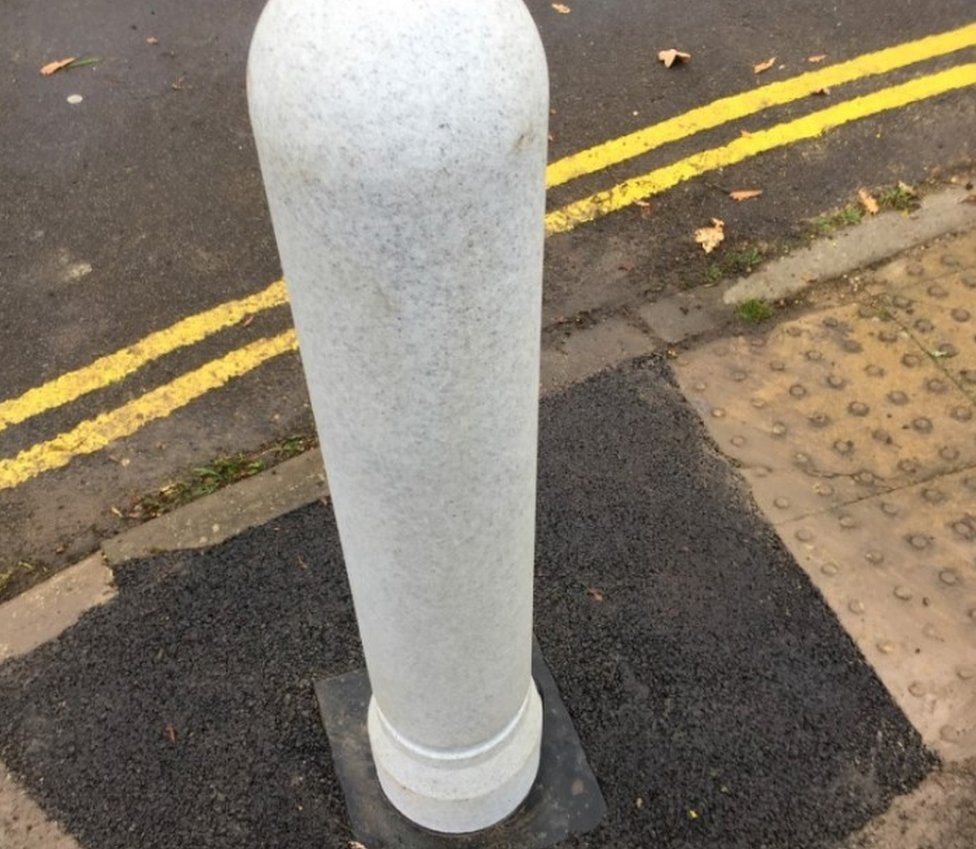Sweet safety: Council to trial sugar cane bollards
The council said the plant-based bollards are cheaper, costing £150 compared with £190 for concrete

A UK local authority is introducing bollards made from sugar cane as part of its sustainability pledge.
Hampshire County Council is trialling the plant-based bollards to save cash and reduce carbon costs.
The ‘non-crete’ bollards are low carbon because they are not made of concrete and they do not have the associated carbon costs in terms of manufacturing. A key constituent of concrete is cement, and the cement industry is responsible for around 7-8 per cent of global carbon dioxide emissions.
The council says the new polymer-based bollards are resilient, and if struck they do not splinter and should not disrupt the foundation base in the pavement.
Councillor Russell Oppenheimer, the council’s executive member for highways operations, said: “This is a great opportunity to effect positive change at a local level and really reflects the County Council’s determination to play its part on the critical issue of climate change and carbon reduction.
“Innovations like this will make a significant contribution to reducing our carbon footprint, leading the way in sustainable construction.
“These new biopolymer bollards are made from sugar cane and when sugar cane grows it absorbs CO2. This ‘carbon capture’ actually reduces the carbon levels in the atmosphere – providing a negative carbon footprint.
“Climate resilience is crucial and rising temperatures, increased flooding and more extreme weather events have already been felt in Hampshire.”
The sugar cane used to produce the bollards is regulated and adheres to local and international standards of sustainability. Each bollard costs £150, compared to £190 for concrete.
Hampshire County Council declared a climate emergency in 2019 and is committed to becoming Carbon Neutral by 2050 and being prepared for a two-degree rise in temperature.
Join our commenting forum
Join thought-provoking conversations, follow other Independent readers and see their replies
Comments
Bookmark popover
Removed from bookmarks